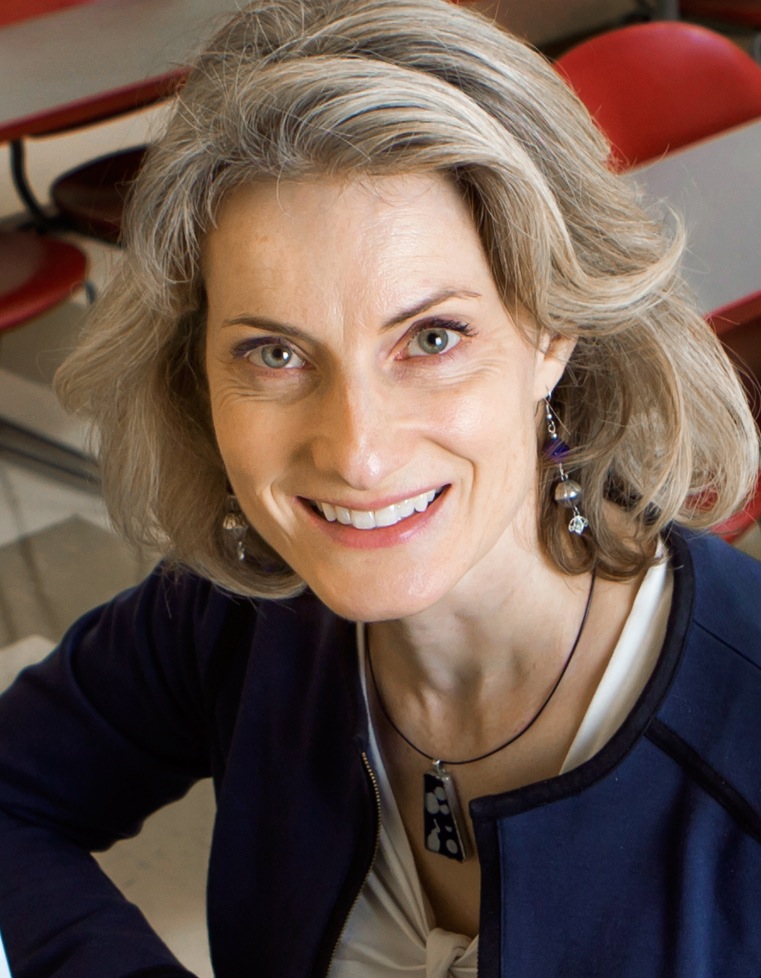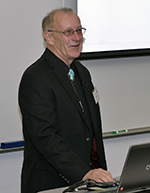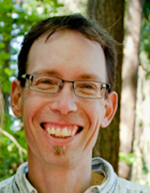Speakers
Conference Keynote:
Dr. Rachel Beattie
Productive Persistence: Tenacity + Good Strategies: A Practical Theory of Student Success
One of the most promising new ideas for promoting student success involves the use of psychological strategies to improve students’ “non-cognitives” ― their motivation, engagement, and persistence. We call these ideas “Productive Persistence,” or the academic mindsets to persist coupled with the strategies to make that persistence useful for skill acquisition. Academic mindsets are predictive of a variety of motivation and achievement outcomes, and we have found that these mindsets can be changed. This keynote will present how, guided by the research-based Productive Persistence framework, practical activities and classroom routines can improve student mindsets and success.
Dr. Rachel Beattie is the Director of Productive Persistence at the Carnegie Foundation for the Advancement of Teaching in Stanford, California. Productive Persistence refers to the combination of tenacity and good strategies that is necessary to help more students successfully complete their academic goals.
Pre-Conference Keynote:
Dr. Mary-Ann Winkelmes
The Transparency Project and Strategies that Promote Students’ Success
Transparent teaching/learning practices offer opportunities to foster students' metacognition, confidence, and their sense of belonging in college. The Transparency in Teaching and Learning in Higher Education Project is an award-winning, grassroots experiment that has already engaged over 10000 students and 250 faculty in explicit conversation about methods of teaching and learning in colleges and universities across the US. We’ll review recent research findings from the Transparency Project as well as educational research behind the concept of transparent teaching/learning, and then apply that to the design of class activities and course assignments. Participants will leave with a draft assignment or activity for one of their courses, and a concise set of strategies for designing transparent assignments that promote students’ learning.
Mary-Ann Winkelmes is Coordinator of Instructional Development and Research and an Affiliate Scholar in the Department of History at the University Nevada, Las Vegas (UNLV), where her aim is to complement and promote teaching and learning initiatives, student success, faculty development and instructional research in all the University's academic units.
Pre-Conference Workshop:
Metacognition's Role in Higher Order Thinking: The Case for the Teaching of Thinking and for Assessing our Students' Progress in Ways of Knowing
Metacognition is presented as "thinking about thinking," but how are students to understand what is productive to "think about" when they are striving for a high quality university education? This session will focus on providing answers to that question for both students and faculty. Higher order thinking takes years to develop, and metacognitive reflection is a habit of mind associated with the upper levels of higher order thinking. While lessons and courses can produce content mastery and disciplinary skills, it requires extended curricula to build capacity for higher order reasoning. The earlier we can introduce metacognitive reflection on thinking into curricula, the more likely graduates are to leave college with increased capacity for higher order thinking. General education courses offer superb opportunities to employ metacognition about learning content, skills and reasoning to start students on the path to better thinking. We will examine six metacognitive tools that promote reflection across the scales of lessons, courses and curricula and summarize what we have learned from assessing over 17,000 undergraduates, graduates and faculty for understanding metadisciplinary ways of knowing.
Ed Nuhfer served as Director of Faculty Development for University of Wisconsin at Platteville, University of Colorado at Denver, and Idaho State University, as the Director of Faculty Development and Assessment of Student Learning at California State University Channel Islands, and served in his recent full-time job as Director of Educational Effectiveness at Humboldt State University before retiring in 2014. Ed founded the unique one-week faculty development program "Boot Camp for Profs," which he directed for nearly twenty years.
Pre-Conference Workshop:
How to Teach Your Students to Think Like Experts
Whatever course you teach, from Anthropology to Zoology, to whatever audience, from freshmen to graduate students, you want your students to think, behave, and communicate in more expert-like ways. But what is “expertise”? According to Bransford et al. (2000), experts have a deep foundation of knowledge, organized into a conceptual framework that’s optimized for retrieval. In other words, experts can quickly select the right tool for the job and then use that tool properly. There are more characteristics of expertise, though: that voice in your head that tells you if what you’re doing right now is working and the perseverance to continue if it’s not. In a traditional university lecture, the instructor talks and the students add new knowledge to their conceptual frameworks. To become experts, however, students need to practice retrieving and applying that knowledge, listening to their metacognitive voices, and dealing with failure (and success.) Peer instruction with clickers, where the instructor poses a multiple-choice question and students think, vote, and discuss their answers, is an active, evidence-based instructional strategy that supports the development of expertise in each student. In this workshop, you’ll analyze what makes a good “clicker question” and experience a particular protocol instructors can follow to make every episode of peer instruction as valuable as possible. All are welcome: the more diverse your disciplines and wider your experiences with clickers, the richer our discussions will be.
Peter Newbury is the Associate Director at the Center for Teaching Development at UC San Diego. He works with graduate students, postdocs, and faculty, teaching them about teaching and learning in higher education and helping them adopt evidence-based instructional practices, like peer instruction with clickers. Before joining UC San Diego in 2012, Peter was a Science Education Specialist with the Carl Wieman Science Education Initiative in the Department of Physics and Astronomy at the University of British Columbia in Vancouver, Canada.










